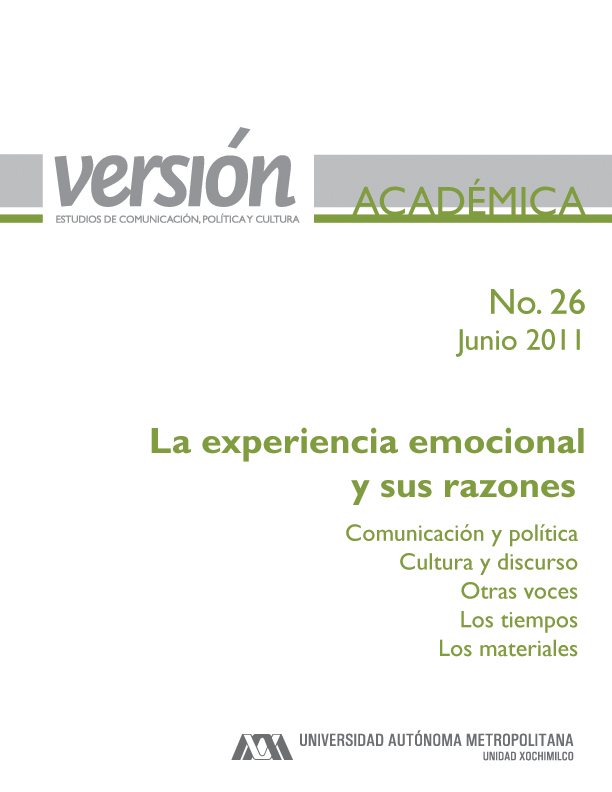Movilización afectiva en el discurso televisivo sobre la inmigración en el Estado español
Résumé
El estudio de las emociones tiene una larga tradición en la filosofía y en la psicología. Sin embargo, en el campo de la comunicación, las emociones son un aspecto poco investigado, quizás debido a la complejidad metodológica que implica su estudio. Este artículo es una reflexión acerca de dos estrategias de movilización afectiva que utilizan los informativos televisivos para hablar de la inmigración y para difundir imágenes sobre lo otro, lo extraño, lo ajeno. Las dos estrategias referidas son el miedo y la compasión, que son en muchas ocasiones la base sobre la cual la televisión construye su discurso sobre la inmigración en particular y la extranjería en general. Se elige únicamente el medio televisivo por ser éste el que mayor impacto tiene en la sociedad, y por ser, además, el que permite el uso de estrategias más complejas para construir “realidades” a partir de las estrategias de movilización afectiva nombradas.

